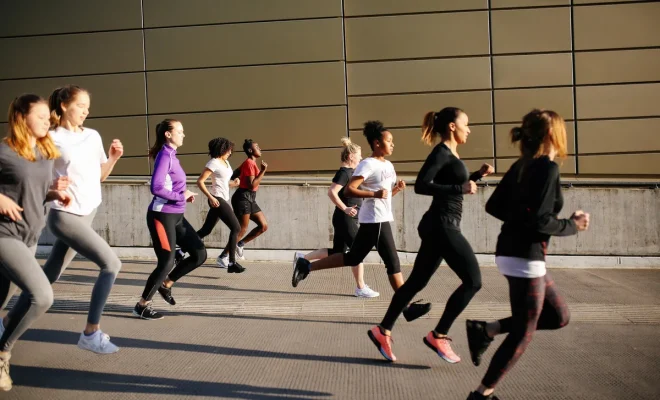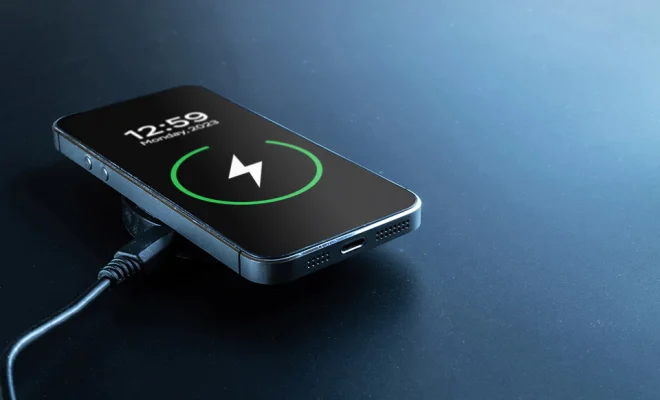Why You Should Stop Rinsing with Water After Brushing Your Teeth

Have you ever wondered whether you should rinse your mouth with water after brushing your teeth? It turns out that experts suggest you shouldn’t. This article will discuss the reasons why you should break the habit of rinsing with water after brushing, based on information from https://www.cnet.com/health/personal-care/stop-rinsing-with-water-after-brushing-your-teeth/.
1. Fluoride Protection:
One of the primary reasons for not rinsing after brushing is because it helps maintain the fluoride present in toothpaste. Fluoride is beneficial for the enamel, making teeth more resistant to decay and cavities. When you rinse with water, you wash away most, if not all, of the fluoride that’s been applied to your teeth during brushing.
2. Plaque Reduction:
Another advantage of allowing the toothpaste residue to linger in your mouth is that it continues to fight plaque even after you’ve finished brushing. This further enhances oral hygiene and prolongs the effects of your cleaning routine.
3. Fresher Breath:
Leaving a small amount of toothpaste residue on your teeth can help freshen your breath throughout the day. This is especially helpful if you have a preference for mint-flavored toothpaste.
4. Strengthen Gums:
Toothpaste often contains ingredients that promote gum health, so leaving the residue in contact with gums can allow these components to work for longer periods, supporting improved overall gum health.
How to Adopt this Habit:
It’s quite simple – after brushing your teeth for two minutes, spit out any excess toothpaste, and resist the urge to rinse with water immediately after. Let the remaining toothpaste continue working its magic in your mouth.
Conclusion:
Breaking the habit of rinsing with water after brushing can take some getting used to, but it brings significant benefits to your dental health. By allowing the toothpaste to remain on your teeth and gums, you’re ensuring that fluoride and other beneficial ingredients continue to work long after you’ve finished brushing. This is a small change that can significantly improve your oral hygiene.





